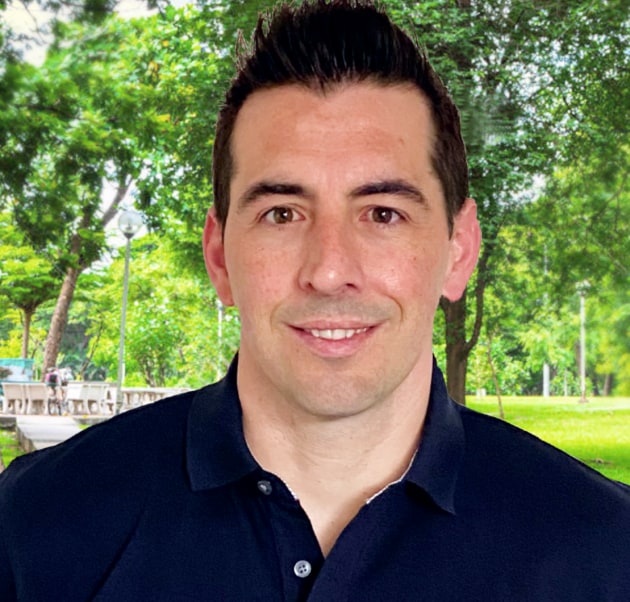Global digital flexible packaging print giant ePac Flexible Packaging (ePac) is building a plant in Australia, with the Melbourne site set to be operational by the end of the year. This article originally appeared in Print21.

The first ePac’s production facility will open eight kilometres from the Melbourne CBD, at the new Newlands Road food manufacturing hub, located in the heart of Coburg’s thriving industrial district. It will be headed by Jason Brown, formerly group divisional general manager at Ball & Doggett.
With 16 sites fully operational, and five more including now Melbourne currently underway, five-year-old ePac serves thousands of customers around the globe, and generates annual revenues of approximately US$100m. Packaging giant Amcor has just taken a stake in the business.
Built entirely on breakthrough digital printing technology, ePac serves local brands of all sizes, with a particular focus on small and medium sized businesses producing snacks, confections, coffee, natural and organic foods, pet food, and nutritional supplements.
It provides a five to 15 business day lead time, focuses on small and medium run-length orders, and enables brands to order to demand and avoid costly inventory and obsolescence.

Jack Knott, ePac Flexible Packaging CEO said, “We’re excited to be expanding ePac’s growing international footprint into Australia. We are focused on bringing the same great ePac experience to our customers, helping small and medium sized businesses grow and achieve big brand presence.”
Jason Brown, ePac Flexible Packaging managing director, Australia said, “ePac helps local brands grow into major contributors within the community, with a unique offering for brands to rapidly go to market with great packaging. Opening our first facility at Newlands Road is an exciting milestone for ePac Australia, and we’ve already had a great response from the community.”
The ePac business was only established in the US five years ago, to provide locally-based consumer packaged goods companies the ability to compete with large brands with great packaging, and it says to give back to the communities it serves, and contribute to the creation of a more sustainable, circular economy. Since the opening of the company's first manufacturing facility in 2016, ePac says its mission has been clear – to help small brands obtain big brand presence and grow.
ePac is the first company created based entirely on break-through digital printing technology from Hewlett Packard, the HP Indigo 20000. This technology platform enables the company to provide fast time to market, economical short and medium run length jobs, customisation, and the ability to order to demand to avoid costly inventory and obsolescence.
By harnessing the true power of digital printing, ePacConnect enables brands of all sizes to take advantage of the growing trends in connected packaging. ePac’s digital platform is inherently eco-friendly, while offering several sustainable film options.





